America's next top villain: Is China lined up to replace Russia as the US' default enemy?
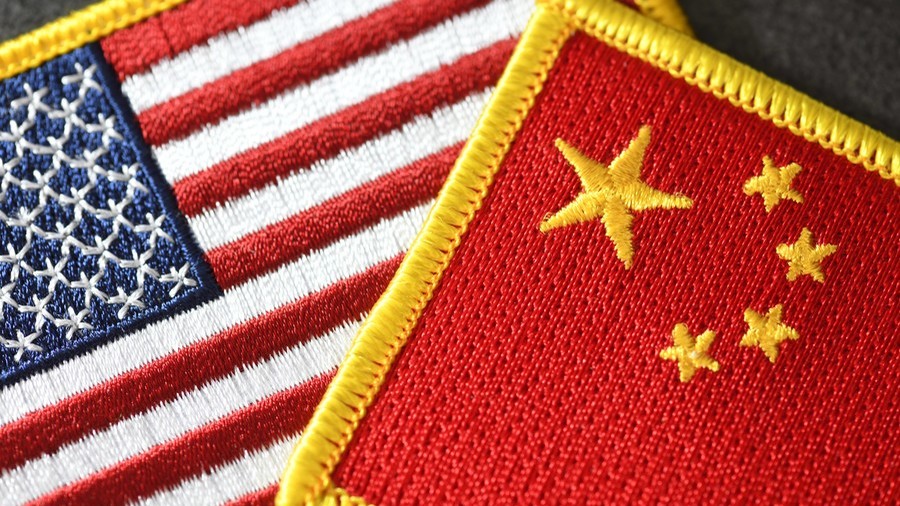
Recent provocations in the South China Sea follow rising tensions between the US and China, but with rivalry expanding into the economic and political spheres, it seems Beijing is now encroaching on Russia's top-villain status.
On Monday, the USS Decatur nearly collided with a Chinese destroyer sent to escort the US vessel operating in the South China Sea.
But naval maneuvers in the disputed waterway are just one element of the high stakes rivalry between Washington and Beijing. On the economic front, the Trump administration has slapped tariffs on $260 billion worth of Chinese goods and is now threatening to target practically all of China's exports to the US.
Amid the open economic warfare and military provocations in the South China Sea, last week Trump levelled fresh accusations of political meddling against Beijing. Speaking before the UN Security Council, the US leader claimed that China was attempting to "interfere in our upcoming 2018 election," adding that his administration was being targeted because he was "the first president ever to challenge China on trade."
And Trump isn't the only one in his administration pointing the finger at Beijing for sneaky, formerly exclusively-Russian antics. The president's director of national intelligence, Dan Coats, said in a speech in September that China was targeting "state and local governments and officials."
"It is trying to exploit any divisions between federal and local levels on policy, and uses investments and other incentives to expand its influence," Coats claimed.
With economic, political and military tensions between the two nations at an all-time high, and even accusations of meddling being hurled at Beijing (and not the time-honored villain, Russia), has China emerged as America's new, terrifying arch nemesis?
The new #1 threat?
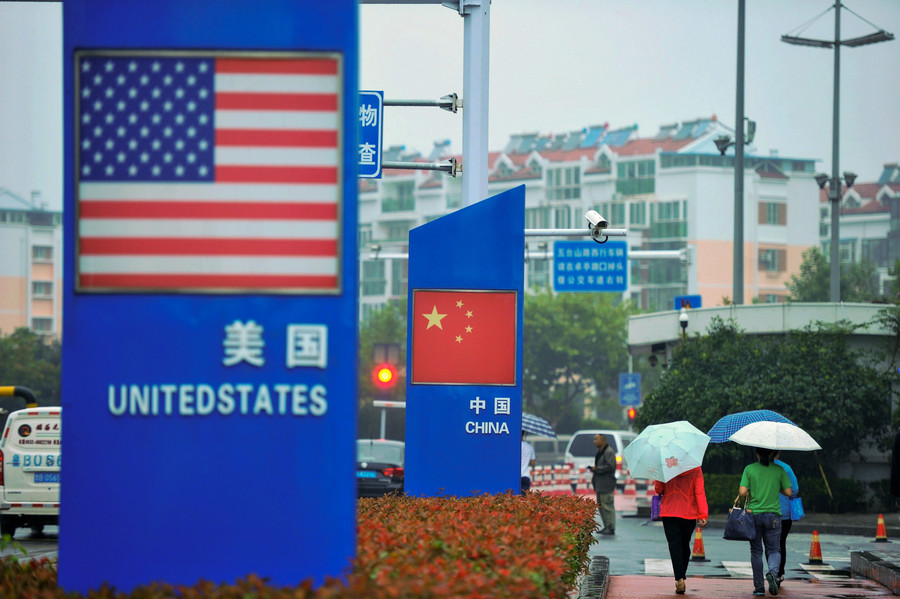
Washington's preoccupation with Beijing took a more aggressive form in January, when the Pentagon unveiled a new "national defense strategy" which labelled China and Russia as the two largest threats to US interests. The new designation signalled a profound shift in US defense policy, which for more than a decade had focused on countering terrorism.
But if Washington had to choose one arch nemesis, it appears that it would be China. Then-CIA director Mike Pompeo said, in July 2017, that Beijing poses the largest threat to US power, noting that the Chinese see "themselves as a rival superpower" and are on a mission to "reduce the relative power of the United States vis-à-vis their own country."
Brian Becker, the national coordinator of the anti-war coalition Act Now to Stop War and End Racism (A.N.S.W.E.R.), told RT that the policy of refocusing US power to contain Chinese economic ambitions has broad bipartisan support, and can actually be traced back to the Obama administration and its "Asia pivot."
"[The policy] meant not to be bogged down so much in the Middle East with wars that don't really amount to much and that they're not winning, and focus instead on China's peaceful rise, which threatens US hegemony. So there is a consensus position. The liberal establishment thinks that China must be stopped. The conservative factions also believe that China should be stopped."
Although the Democratic and Republican parties share the same goal, their tactics differ, Becker noted. Obama wanted to use the Trans Pacific Partnership to exclude China from "writing the rules of the road for trade," while Trump has taken a more direct approach, using American military, economic and political might to unilaterally impose its will on those who defy Washington's diktats.
Dubious tactics aside, Washington is right to see China as a major competitor on the world stage, Andrew Leung, an international and independent China specialist and political commentator based in Hong Kong, told RT.
"Mike Pompeo says it all," he said. "China has emerged as the biggest threat to US dominance. It's because China alone, not Russia, has enough comprehensive power backed by a dynamic and sizeable economy, the second largest in the world."
Leung pointed to comments made by Chinese billionaire Jack Ma, who said that the trade war between the two rivals could last twenty years, "perhaps even after China's economy has overtaken the US as the largest."
In need of an adversary
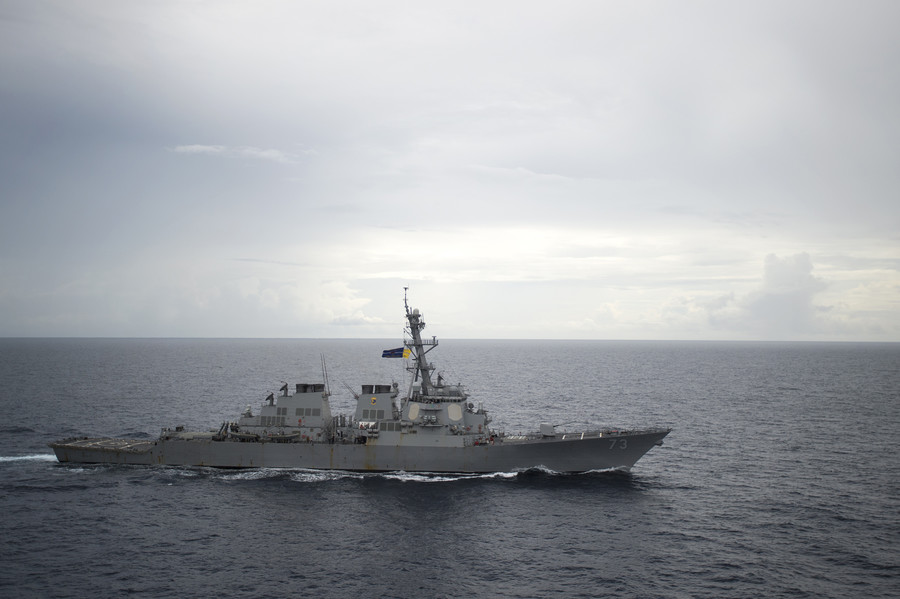
Branding China as a political, economic and military threat is "part and parcel" of Washington's broader strategy of trying to maintain "a certain level of global dominance," former Pentagon official Michael Maloof told RT. He noted that the "pivot" to Asia serves an immediate domestic need for "greater sales of arms and production of arms" – in other words: job creation.
Trump's vague allegations of Chinese election meddling – which have yet to be substantiated – also seem to serve a necessary domestic function. Much of his voter base has been hit hard by tit-for-tat Chinese tariffs targeting US goods, particularly soybeans. Trump has claimed that the move is designed to Midwestern farmers who support him.
Becker noted that while Beijing clearly understood the potential political repercussions of its decision, it was nonetheless compelled to "take retaliatory action against the very draconian tariffs" imposed by Trump, which were "designed to harm" China and prevent its "peaceful economic growth."
And with China – not Russia – now pegged as the nefarious meddler, it seems that some are even fancifully floating the idea that Washington could team up with Moscow to take on Beijing.
"Some in the United States seem to think that to thwart China's rise, the US can 'do a Nixon' on China, by forming an anti-China alliance with Russia. This is wishful thinking," Leung told RT.
"Russia has many more common interests both economic and geopolitical, with China than with the US. Besides, why should Russia trust the US which can turn from friend to foe at the drop of a hat, especially with Trump?"
For its part, Beijing has signaled that it's not interested in confrontation with Washington. The two nations can compete but should not view each other with a Cold War mentality, the Chinese government's top diplomat State Councillor Wang Yi said last month.
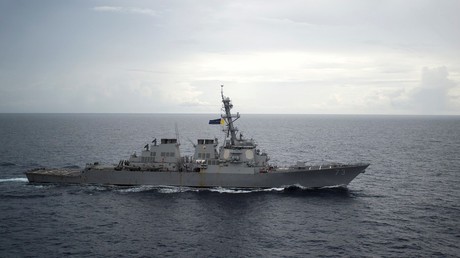
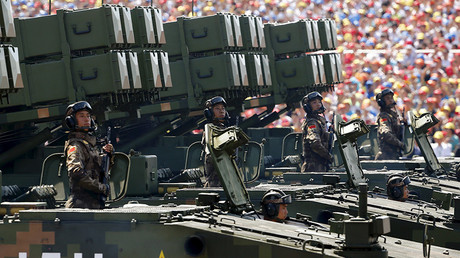
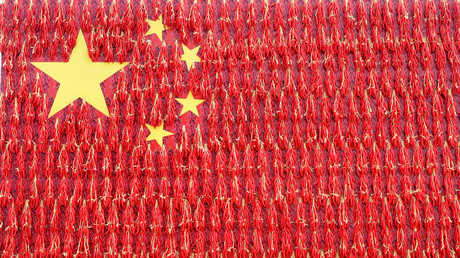

0 Comments:
Post a Comment
Subscribe to Post Comments [Atom]
<< Home